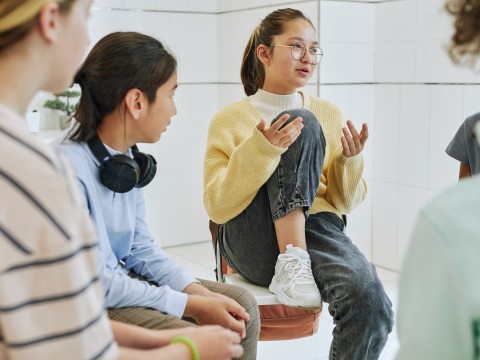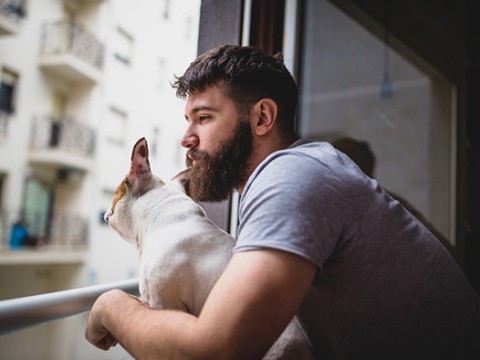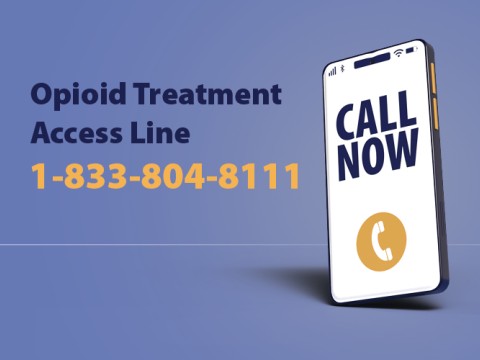Transition House
Provides emergency shelter for women and children in crisis from abusive situations. The transition house is staffed 24 hours a day, 7 days a week. A child and youth support worker is also available. Offers crisis support, women's and children's counselling, family support, community outreach, advocacy, and transportation for women and their children residing at the transition house. Toll free number operates as crisis line and intake point for transition home.
Outreach and Support
Provides individual support, drop-in support groups, and advocacy to women who have experienced abuse in relationships.
WINGS Housing Outreach Program
Provides support to women who have been affected by domestic violence to find affordable housing, be connected to supportive community resources when they relocate, and navigate any necessary legal or court processes.
Women in Safe Healthy Empowering Support Groups
Provides a 10 week confidential, non-judgmental community support group held in a relaxed and safe environment for women affected by domestic abuse. These support groups are held in various locations and several times during the year.
School-Based Mental Health Outreach Program
Provides counselling programs for students and families experiencing stress at home, such as addictions, grief, mental health, stress, and anxiety, which affect the student's ability to manage at school. Families are referred by the school and services are offered in the school and or family home.
Mobile Outreach
Provides drug checking, harm reduction supplies and education, Naloxone, snacks and water, hygiene items, and community resources information to individuals in Penticton, Oliver, Osoyoos, Summerland and surrounding areas.
Outreach Support Worker
Provides in-home support and counselling for families and their children to enhance parenting and behaviour management skills, increase healthy births, and support child development.
Outreach Services
Provides free and confidential outreach visits to newcomer, migrant and immigrant women who are engaged in indoor sex work in the Lower Mainland area to distribute safer-sex supplies and information resources. Also connects women to healthcare providers and offers information about immigration, housing, law, employment, safety and health.
Surrey Mobile Assault Response Team
Provides crisis services over the phone and in-person to anyone who has experienced a physical or sexual assault by a stranger or someone they know. SMART helps people who are in crisis, even in the middle of the night, with getting medical treatment, reporting a crime to the police, and or finding a safe place to stay. Workers can also arrange transportation for clients to meet them at a hospital or police station.
Service is provided through a partnership between Surrey Women's Centre, Surrey Memorial Hospital, and VictimLINK BC.
Victim Services
Provides justice-related information and advocacy, post-assault health care support, and practical assistance to victims or witness of crime, trauma and or physical or sexual assault. Services include crisis counselling, referrals to community services, safety planning, and accompaniment to police and court appearances.


